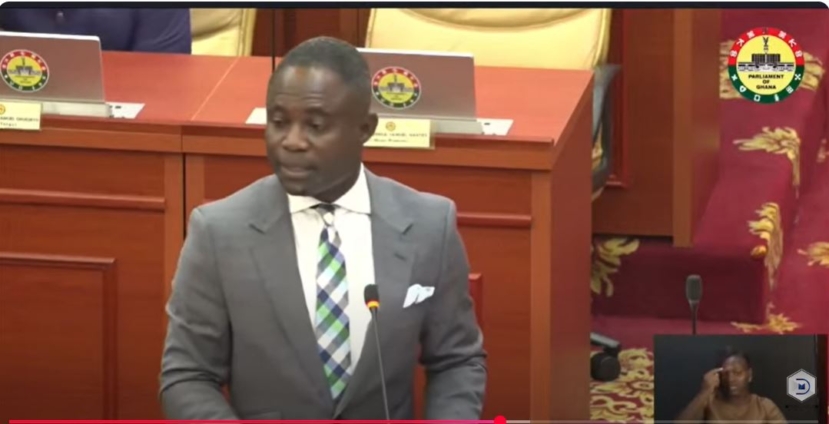Ghana’s healthcare system is facing a deeply troubling paradox—tens of thousands of trained health professionals are unemployed, even as large segments of the population remain without adequate healthcare access. The gravity of this situation was laid bare by the Minister of Health, Kwabena Mintah Akandoh, during a presentation in Parliament.
Contrary to earlier estimates that placed the number of unemployed healthcare workers at around 30,000, Mr Akandoh revealed a shocking updated total of over 70,000 jobless professionals, spread across nursing, allied health, pharmacy, and medicine.
Leading the statistics are nurses, with a total of 48,878 still unemployed. The breakdown is as follows:
- 15,947 from the 2021 cohort
- 17,176 from 2022
- 15,755 from 2023
While the government granted financial clearance for 15,000 nurses in December 2024, many are still awaiting formal appointment, leading to widespread disillusionment within the sector.
Perhaps even more alarming is the fate of 21,570 allied health professionals, including laboratory scientists, radiographers, dieticians, physiotherapists, and others. These critical support workers have not seen a single recruitment round since 2019, marking a five-year hiring freeze.
“This vacuum is impacting diagnostics, rehabilitation, and clinical outcomes. We are bleeding talent,” the minister admitted.
Pharmacists and Doctors Also Affected
- 1,621 pharmacists are unemployed, with no recruitment since 2019.
- Over 900 qualified doctors are yet to be placed, despite Ghana’s glaring physician shortage.
This is particularly shocking given that Ghana’s doctor-to-patient ratio remains around 1:8,000, far worse than the World Health Organisation’s standard of 1:1,000. Similarly, the nurse-to-patient ratio continues to lag, especially in deprived rural areas.
The unemployment crisis points to deep-rooted inefficiencies in workforce planning, budget execution, and public sector recruitment. The mismatch between training capacity and employment absorption has created a growing backlog of unemployed graduates annually.
Even where financial clearance is granted, bureaucratic delays in validation and payroll processing prolong unemployment. According to Mr Akandoh, some health workers cleared in late 2024 are still waiting to be posted as of mid-2025.
As a temporary relief, the government is turning to “managed migration”, a policy aimed at ethically exporting skilled professionals to countries in need, without disrupting domestic services.
“Over 13 countries, including the UK, Canada, and Germany, have formally expressed interest in recruiting Ghanaian nurses and other health professionals,” Mr Akandoh told Parliament.
He explained that the approach is designed to:
- Alleviate the local unemployment burden
- Enable professionals to gain international experience
- Boost remittances
- Prevent ad hoc or exploitative overseas recruitment
While some see managed migration as a practical short-term solution, health policy experts warn that it does not replace the need for a national human resource plan that aligns training output with systemic absorption capacity.
Civil society groups and health unions have also expressed concern that Ghana may be training professionals only to export them, leaving local health facilities under-resourced.
“It’s unacceptable to have thousands of idle nurses while people in remote communities still travel miles to see a midwife,” said one health worker union representative.
Mr. Akandoh acknowledged that the current situation is unsustainable and committed to working with the Ministries of Finance and Labour to:
- Accelerate recruitment processes
- Secure additional budgetary allocations
- Rebalance workforce distribution toward underserved areas
“The health of the nation cannot wait. We must employ our skilled workers and ensure every Ghanaian can access quality care, regardless of location,” he emphasised.
Click the link Puretvonline.com | WhatsApp Channel to join the WhatsApp channel
GOT A STORY?
Contact/WhatsApp: +233243201960 or Email: manuelnkansah33@gmail.com

